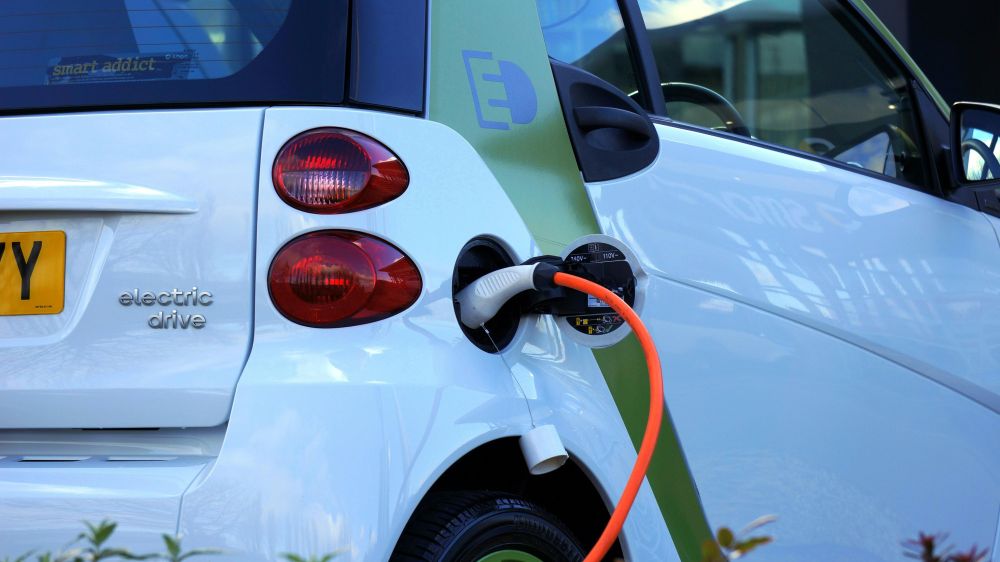UK Plug-in Hybrid Surge May Undermine Emissions Goals, Warn Experts


Cut through the green tape
We don't push agendas. At Net Zero Compare, we cut through the hype and fear to deliver the straightforward facts you need for making informed decisions on green products and services. Whether motivated by compliance, customer demands, or a real passion for the environment, you’re welcome here. We provide reliable information—why you seek it is not our concern.
The UK government’s recent weakening of electric vehicle sales rules could lead to a surge in plug-in hybrid vehicles (PHEVs), significantly increasing carbon emissions, according to a Guardian report citing analysis from campaign group Transport & Environment (T&E).
Revised modelling suggests an extra 500,000 PHEVs could be on UK roads by 2030 due to relaxed zero emission vehicle (ZEV) mandate rules. These hybrids, which combine petrol engines with small batteries, are more profitable for manufacturers but emit far more CO₂ in real-world conditions than official figures suggest.
Transport Secretary Heidi Alexander had previously claimed the rule changes would have a “negligible” impact on emissions. However, experts dispute this, arguing that the policy shift allows carmakers to delay the transition to fully electric vehicles while maximizing PHEV sales. T&E forecasts that PHEV sales could peak at 280,000 annually by 2028—100,000 more than previously estimated.
Critics warn that generous emissions assumptions used in UK policy—based on outdated testing standards—mean PHEVs are credited with unrealistically low emissions. In contrast, the EU is adjusting its estimates to reflect higher real-world pollution levels from these vehicles.
Colin Walker of the Energy and Climate Intelligence Unit told The Guardian that the policy not only risks increased emissions during a climate crisis but could also cost drivers more in fuel. Campaigners are urging the government to revise its metrics to reflect real-world emissions and refocus industry efforts on battery electric vehicles.
A Department for Transport spokesperson defended the changes, citing balance and support for the auto industry.
Source: The Guardian

More related content

DNV Report: Carbon Capture Investment to Hit $80B as CCS Enters Cri...

Cleantech Investment Faces Steep Decline in 2025

Arcadis Report Reveals Hurdles to Achieving UK Government’s Net Zer...
